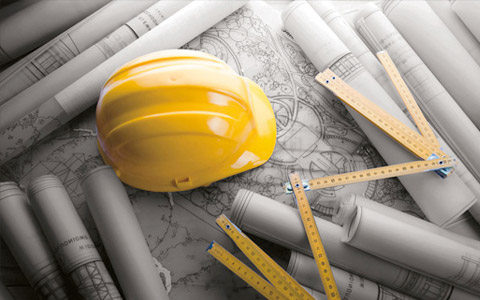Choosing the right executive coach is important for personal and professional development. An effective coach facilitates growth and also inspires confidence and commitment in their clients. Explore here key qualities that define an effective executive leadership coaching professional.
Deep extensive knowledge and experience in leadership:
An effective executive coach possesses extensive knowledge and experience in leadership, business, and organizational dynamics. They should have a robust background that allows them to understand the unique challenges faced by executives in various industries. This expertise allows them to offer relevant insights, practical strategies, and informed guidance. Coaches with a solid foundation in leadership theories, emotional intelligence, and performance management can provide clients with valuable perspectives that nurture growth and development.
Strong listening skills:
Active listening is a cornerstone of effective coaching. A good executive coach takes the time to listen carefully to their clients, allowing them to express their thoughts, feelings, and concerns without interruption. This quality nurtures an environment of trust and open communication, where clients feel safe to share their challenges and aspirations. By truly understanding their clients’ needs, effective coaches can tailor their approach and provide targeted feedback, ensuring that the coaching process is relevant and impactful.
Goal-oriented approach:
An effective executive coach is focused on helping clients achieve specific goals. They work collaboratively with clients to define clear, actionable objectives that align with their personal and professional aspirations. By establishing measurable goals, coaches can track progress and adjust strategies as needed. This goal-oriented approach ensures that the coaching process remains focused and productive, allowing clients to see tangible results from their efforts. Coaches who celebrate their clients’ successes and provide constructive feedback contribute significantly to the overall effectiveness of the coaching relationship.
Commitment to continuous learning:
The best executive coaches are committed to their own continuous development. They stay updated on the latest trends, tools, and techniques in coaching and leadership, ensuring that they provide clients with relevant and effective strategies. A coach who actively seeks out professional development opportunities, such as attending workshops, obtaining certifications, and participating in coaching networks, demonstrates a dedication to excellence. This commitment to lifelong learning improves their coaching practice and also inspires clients to adopt a similar mindset of growth and self-improvement.



